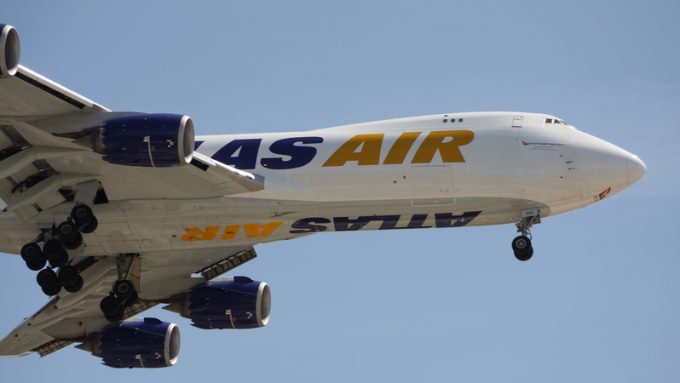How US rule-changes are putting air cargo carriers in a 'tough spot'
Threats from the US to introduce tariffs or remove its de minimis customs duty exemption could ...

Atlas Air, as expected, had a rather good 2020: 2019’s losses of $293m turned into net profit of $360m – a turnaround of some $653m.
Adjusted ebitda rose 67% to $844m for the full year and Atlas now has plenty of funding flexibility in a market ...

Comment on this article